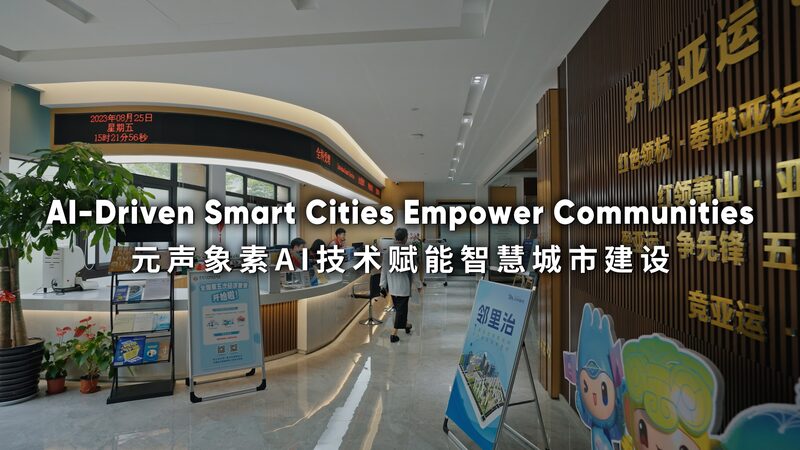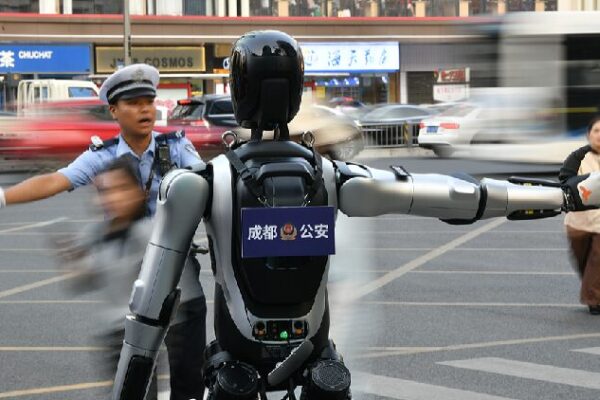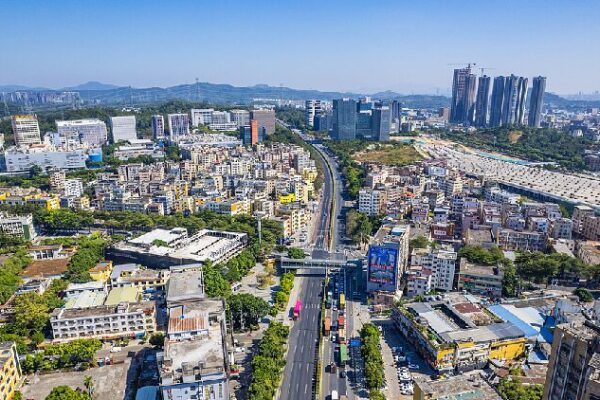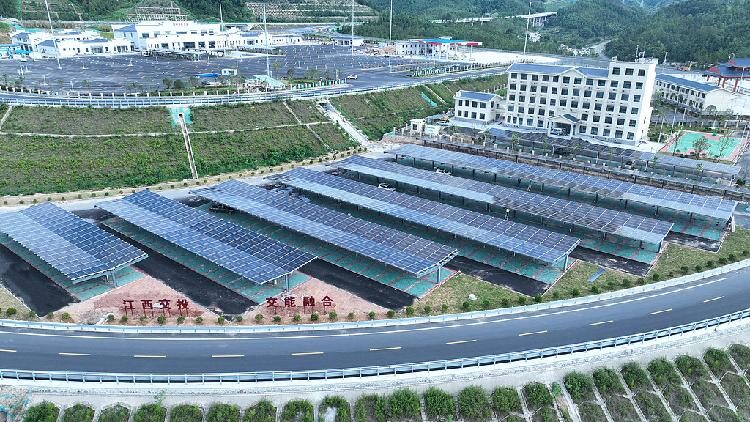Artificial Intelligence (AI) is not just about robots and automated systems—it’s reshaping how our cities operate and how we interact with them. Across the Global South, AI-driven smart cities are emerging, putting community empowerment at the forefront.
In many urban areas, managing community needs has been a challenging task due to rapid population growth and limited resources. However, AI technology is revolutionizing community management by streamlining data collection and analysis. Smart sensors and connected devices gather real-time information on everything from traffic patterns to energy usage, helping city planners make informed decisions.
But it’s not just about efficiency; it’s about inclusion. User-friendly platforms are enabling residents to actively participate in the decision-making process. Through apps and online portals, citizens can voice their opinions on local projects, report issues, and collaborate on solutions. This grassroots participation ensures that the needs and ideas of the community are heard and acted upon.
“Digital technology is revealing its inclusive and human-centered potential,” says Maria Lopez, a community organizer in Bogotá. “AI tools are making it easier for people to get involved and for their voices to matter.”
These advancements are particularly impactful in the Global South, where young populations are embracing technology to drive change. By leveraging AI, communities are not only improving infrastructure and services but also fostering a sense of ownership and engagement among residents.
As smart cities continue to evolve, the focus remains on empowering individuals and creating sustainable, inclusive urban environments. The fusion of AI technology with grassroots participation is paving the way for a future where everyone can contribute to shaping their cities.
Reference(s):
cgtn.com








